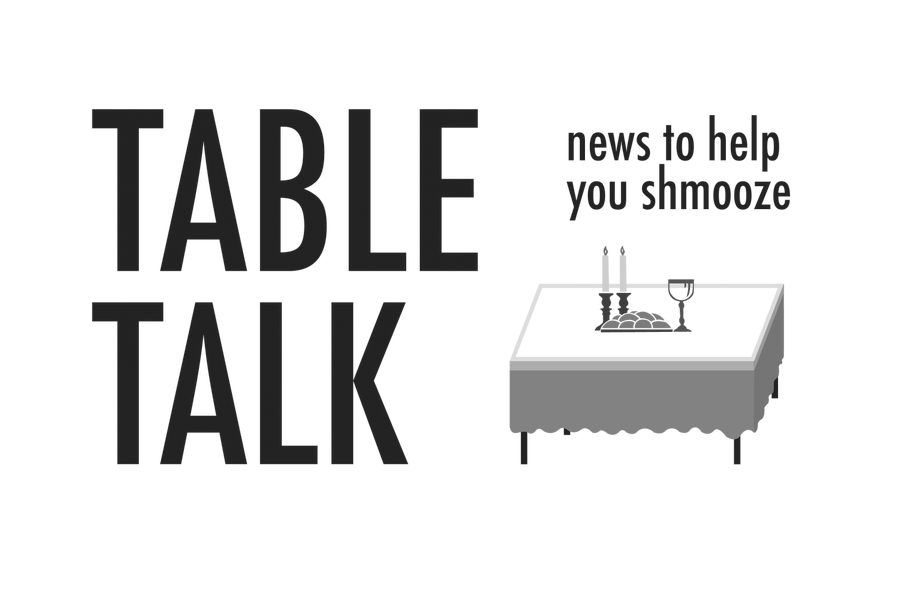What you need to know about impeachment
February 5, 2020
With closing arguments wrapped up and the vote on President Trump’s impeachment in the Senate set for tomorrow, President Trump’s acquittal is all but guaranteed. All Republican senators are expected to vote no on both Articles of Impeachment, and Republicans are hoping some Democrats might join them.
The House of Representatives voted to impeach President Trump back on Oct. 31, after a month of closed-door Congressional testimony before Republican and Democratic members of the Judiciary and Intelligence committees, followed by nationally televised public hearings. Witnesses at those hearings included current and former ambassadors, career State Department and intelligence officials, and White House aides.
The original inquiry followed news that the President had telephoned Ukrainian President Volodymyr Zelensky asked him as “a favor” to investigate his political rival, former Vice President and leading Democratic presidential contender Joseph Biden, along with his son, Hunter. At the same time, the president was holding up $390 million in U.S. aid appropriated by Congress to help the Ukraine in its fight against Russia, which has annexed part of its territory.
The call was first revealed by a whistleblower, an unknown individual who worked in the intelligence section of the White House, who divulged what he had heard on that call. The White House later released a summary transcript of the call, which references powerful Javelin missiles that can destroy tanks of the type Russia is using in its war against Ukraine. The Trump administration had already sent Javelins to Ukraine, and Congress had appropriated funding for more.
The following is an excerpt from the transcript of the call between Trump and Zelensky:
Zelensky: I would also like to thank you for your great support in the area of defense. We are ready to continue to cooperate for the next steps, specifically we are almost ready to buy more Javelins from the United States for defense purposes.
The President: I would like you to do us a favor though, because our country has been through a lot and Ukraine knows a lot about it. I would like you to find out what happened with this whole situation with Ukraine… I guess you have one of your wealthy people… The server, they say Ukraine has it….Whatever you can do, it’s very important that you do it if that’s possible….
President Zelensky: Yes it is very important for me and everything that you just mentioned earlier….. I also plan to surround myself with great people and in addition to that investigation, I guarantee as the President of Ukraine that all the investigations will be done openly and candidly..
The President: …. The other thing, There’s a lot of talk about Biden’s son, that Biden stopped the prosecution and a lot of people want to find out about that so whatever you can do with the Attorney General would be great.
At the time, Zelensky was unable to buy the Javelins, which are a type of tank-destroying missile, mentioned in the call because he was awaiting the $390 million in aid.
Democrats said this was impeachable for two reasons. One, because President Trump went against Congress, which had approved and allocated the aid, and put his personal political benefit above U.S. national security interests, which consider Russia an enemy and a threat.
In doing this, they said, he abused his power and he might do it again, and passed the first Article of Impeachment, Abuse of Power. Also, it is illegal for the president to solicit interference in elections from a foreign power.
The second Article of Impeachment says that President Trump refused to turn over documents that Congress requested, thus obstructing the activity of the legislative branch of government, which has the responsibility to oversee the executive branch. He also refused to let the White House staff testify. The second Article of Impeachment claims this is Obstruction of Congress.
Republicans counter that as president, a president has the right to make diplomatic moves with allies, and that President Trump did not in fact violate Congressional mandates because the Ukraine did in fact receive the aid they were promised by Congress (after the Zelensky phone call became public). President Trump has also said the impeachment is a “witch hunt,” calling out what he believes to be an attack from Democrats who want to remove him from office.
So, partisan disagreement and all, the House of Representatives voted, and the resolution to impeach the president passed, the first article with a vote of 230-197, and the second 229-198. It is worth noting that the House has a Democratic majority.
Under the Constitution, the next step in the impeachment process was for the Senate to deliberate. The Senate, majority Republican, began its trial Jan. 16, and will vote tomorrow either to convict President Trump and remove him from office, or to acquit him. Because of the Republican majority, it is unexpected that the Senate will vote to remove Trump from office.
